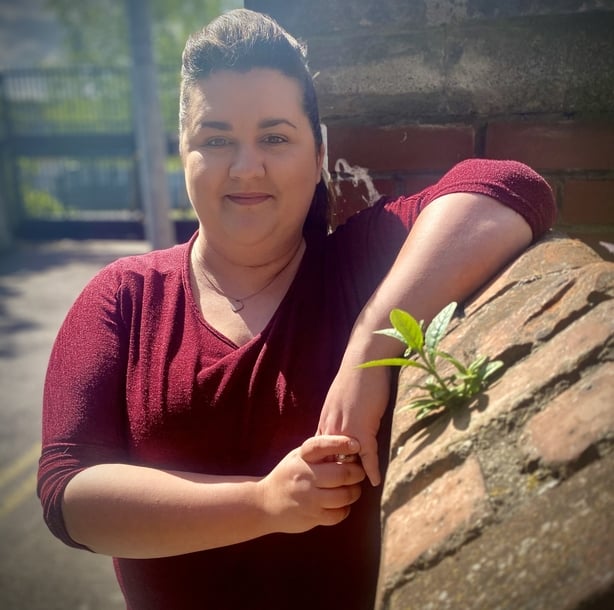The news that young adults have suffered the worst economic impact from Covid-19 is no surprise to those living with this reality.
For Dublin woman Liane McCarthy, today's report from the ESRI contained much of what she already knew.
''I'm not surprised by it. Certainly for people in my own age group, it's very difficult to save when you're renting especially in Dublin city centre," said the 32-year-old.
"The rents are extremely high, so if you're trying to pay your rent and trying to save, it's near impossible. And obviously with Covid hitting, it's worse again.''
Up until the pandemic, Ms McCarthy worked in theatre as a lighting engineer. Her partner also works in the arts, so the last 14 months, professionally speaking, have been a wipe-out.
''We've taken quite a blow and are surviving off the PUP. It's very difficult to try save anything. We're literally living hand to mouth at the moment.''
The couple lives in a two-bed cottage in Dublin city centre. Their rent is over €1,000 per month.
Liane has been on the €350 Pandemic Unemployment Payment since last September, her partner since last February of 2020. She is grateful for the payment but says it's a struggle.
''It's very tight once you account for rent and bills and food. There's very little left. At the moment, it's impossible to save. If you need to go see a doctor, you have to build that in and skimp a little bit more that week so you can afford to go.''
And while other parts of society and the economy are opening up, Liane's return to work is still some time off, it seems.

''It's very, very hard. Unfortunately for us, there's no real sign of anything opening back up which is really disheartening.''
Today's ESRI report shows adults aged under 35 have suffered the worst unemployment impact from Covid-19, and found too that this group are also more likely to experience wage stagnation. Their prospects of owning their own homes have also diminished. It is something Liane can very much relate to.
''It's incredibly disheartening but unfortunately that's just the fact. When you look back at our parents' generation, they were able to afford homes at around our age, but now it's not a thing,'' she said.
''I've a handful of friends that have gone ahead and got their own homes, but they have skimped every single penny that they could. They've lived with their folks, worked to the bone and tried so hard and have got there. But for the average person, it's just not a possibility.''
What about the prospect of emigrating?
''Obviously, that's not an option at the moment. I'd say once things open back up, there'll be mass emigration of people in my age group simply because the house prices are too high for us and with renting, you just can't save.''
''Our plan is to keep renting at the moment. We don't really have another option.''







